In the past, the only people who didn’t have a bank account were the ones who weren’t eligible for one because they couldn’t meet the required credit score. Having a bank account meant gaining more trust and reliability.
But these days, many people choose not to have a checking and savings account to store their money in a traditional bank.
There are many reasons why someone would want to do so. Some people don’t trust the banking industry, need to send and get money from different parts of the world hassle-free, or are tired of paying maintenance fees.
The long-established rule was for employers to pay their employees via direct deposit to their checking account.
Still, more employers are now expected to offer alternative ways of payments to their employees, depending on individual preferences.
This article will explore some ways to safely replace traditional banks and get direct deposits without a bank account.
Alternatives to Traditional Banks and Credit Unions
Two main alternatives to traditional banks and credit unions are Prepaid Cards and Online Banks.
Prepaid Cards
Prepaid cards are one of the easiest ways to get direct deposits without a traditional bank account.
With prepaid cards, you can freely spend money and deposit checks directly into your prepaid card account without worrying about a savings and checking account from the bank.
Online Banks
We may refer to them as online banks – but they aren’t really banks.
They’re simply electronic commerce companies providing us with an alternative to traditional banks.
They are becoming major competitors for regular banks and credit unions because they virtually offer the same services.
Many on the market by now, keep reading to find out more about the two most popular ones.
5 Best Ways To Get Direct Deposit Without a Bank Account
Here are the best ways to get a direct deposit without a bank account:
NetSpend
NetSpend Visa Prepaid Card is very easy to set up and manage. You can fully manage your account from the Netspend Mobile App, check your balance and transaction history, and even set up email alerts for every transaction.
NetSpend accepts direct deposits. It lets you access your money much faster than traditional banks or if you were to deposit a paper check manually.
With this prepaid card, direct deposits are up to 2 days faster! That’s because many credit unions and banks need to wait until the check clears before giving you access to the money.
NetSpend gives you access immediately, and on top of that, it never asks you to pay any check-cashing fees.
You can directly deposit paychecks, but also tax refunds, government benefits checks, and many others.
Another major advantage is that with Netspend, you save money by avoiding late fees on interest charges and overdraft fees as it’s not a credit card. It is also FDIC insured.
Being a Visa debit card, it is accepted everywhere. There is also an optional Payback Rewards service, enabling you to earn cashback on many purchases. It rewards you only for using your card. Pretty amazing.
NetSpend has two different versions of its Visa Prepaid Cards.
It’s best to choose one over the other depending on how frequently you receive direct deposits into your account:
NetSpend Premier Prepaid Visa Card
- You receive consistent direct deposits and use your card frequently.
If you plan on using this card as your main method of spending and receiving money, you are better off with option number 1.
This card has a variable monthly maintenance fee, and it waives some if not all fees based on how frequently you use it.
The more you swipe, the more you save! If you think you will use this card consistently, it’s the best choice.
NetSpend PrePaid Visa Card
- You only use your prepaid card sometimes.
If you are a light user of a NetSpend prepaid card, you will be better off choosing this second option.
It still gives you access to all of the perks of the prepaid card, including the direct deposit feature, for a flat maintenance fee which tops out at $9.95.
While making your choice keep in mind to estimate how often you will use your card. If you’re in the first group and end up using it less than you thought, you might pay more than $9.95.
Vice versa, if you choose the second one but use it more than predicted, you are missing out on savings.
Bluebird
Bluebird is a fee-free, FDIC-insured prepaid card from American Express. It gives you all the functionalities of a traditional bank account without signing up for one.
You can easily get a direct deposit without a bank account on this card and use it to pay at any store that accepts American Express.
Like with NetSpend Visa, you’ll be able to receive direct deposits up to 2 days faster than using any other method.
You can even cash checks with BlueBird. You only need to launch the app, login, select add funds/add a check and take a picture of your check (front and back and properly signed). That’s a straightforward cash checking procedure.
If you are a Walmart enthusiast, you will be happy to know that, with this card, you can add or withdraw funds at any of its locations for free. On top of that, there are more than 3,000 free MoneyPass ATMs where you can use this card at no cost.
It’s possible to add or withdraw funds at other partnered locations, but you’ll have to pay a $3.95 fee.
Bluebird also has a family account option. You can link up to 4 cards in the family plan, and you can set spending limits, get different ATM access, and other security measures you deem appropriate for each cardholder.
It could be useful to give one of these prepaid cards to your children to learn something about personal finance. You will still be able to have some control over their balance.
Learn More:
Prepaid Debit Cards Issued by Banks
Are prepaid cards issued by banks the same as Bluebird and NetSpend? Short answer: not at all.
All prepaid cards have some level of commonality, but there are significant differences between the ones issued by banks and standalone prepaid cards.
Anyone can buy a standalone card. However, banks and credit unions will only issue you a debit card if you’re a customer of those financial institutions. You will need a bank account (which is what we were trying to avoid in the first place).
The second point is that bank debit cards have an expiration date (just like credit cards). Prepaid debit cards let you use your card for as long as you need it.
Finally, banks usually have more restrictions in place when it comes to prepaid debit cards. You’ll find daily spending limits, for example. That’s something that can get annoying in the long run.
PayPal
PayPal is widely popular all over the world, and I would be surprised if you haven’t heard of it yet (but if you haven’t, don’t worry, I’ll explain!)
Paypal’s mission is to facilitate online transfers, even for people without a bank account. There are many ways of receiving money or adding them to your account.
If you don’t have a bank account, you can add money at a cash register, for example, using an additional app. It’s easy.
You can also accept payments online and set up direct deposits processed by the ACH network to collect payroll checks from your employer.
To do so, you have to be a US member of the PayPal Cash Plus Account and provide your routing number and account number. You can request a direct deposit form with this information for your employer.
PayPal has some of the same advantages as prepaid cards, such as faster payments and lower fees.
It is also very convenient to use if you regularly transfer payments online and to different parts of the world.
It is really easy to set up a PayPal account. You will need to verify your identity (providing your name, phone, and mailing address, for example) and complete some easy steps.
PayPal will ask you a Social Security Number if you earn $20,000 a year through them or make 200 sales per year.
Chime
Chime is a financial technology company that enables you to track your account balances and transfer money from anywhere in the world.
Their mobile banking app has more than 135,000 5-star reviews in app stores, thanks to its convenient and intuitive design.
Chime prides itself on not having any hidden fees. Their account has no opening or minimum balance, no transaction fees, no overdraft fees, and they even offer card replacement (for free).
If you set up a spending account with Chime, payday with direct deposits comes (up to 2 days) early. You can even add a savings account on which they offer 0.50 APY.
Chime can also help you increase your credit score with their Credit Builder Plan (more info on Chime’s website. Qualifying requirements apply).
What about security? Chime’s deposits up to $250,000 are FDIC insured through its partner, The Bancorp Bank.
The Visa Zero Liability Policy protects your debit card, and you can also easily block it if you need to, plus set up alerts for every transaction.
FAQs
Can I get a direct deposit without a bank account?
Yes, you definitely can.
The easiest way to get a direct deposit without a bank account is through a prepaid card. You can buy a prepaid card even if you’re not an account holder at any bank.
You buy the card, load some money on it, and use it! Most of these cards include the possibility to receive direct deposits.
Another way to avoid traditional banks is to set up electronic transfers with an online financial company. You don’t need a traditional banking account to receive and spend money with that.
The last method would be using paper checks, but it is old-fashioned and a little riskier.
How do I get paid if I don’t have a bank account?
Nowadays, many alternative ways of getting paid don’t require a bank account, such as choosing a prepaid card or online banking services.
Each different provider will have a different method for you to set up direct deposits to get paid or to cash checks, but it is usually speedy and easy.
In addition, to collect your paycheck, you usually won’t have to give a voided check to your employer or go through some complicated process to set up direct payment.
Depending on which alternative you choose, getting paid can be as easy as clicking some buttons on a mobile app. It is usually much faster as well.
To know the details, always get in contact with your chosen provider.
Can you get a direct deposit on a prepaid card?
Yes, you can. There are many prepaid cards available (like NetSpend and BlueBird) that aren’t linked to a bank and don’t require you to have a bank account but include direct deposits.
Can I direct deposit to someone else’s account?
Usually, it is not allowed to set up direct deposit to someone else’s account. The payee and the recipient must match for security reasons.
Unless you are joint account holders or your name is on the other person’s account, it’s going to be difficult.
Some banks reject the payment immediately, and others ask for supporting documentation before doing so.
You can make an electronic payment later to the intended recipient using PayPal or other services.
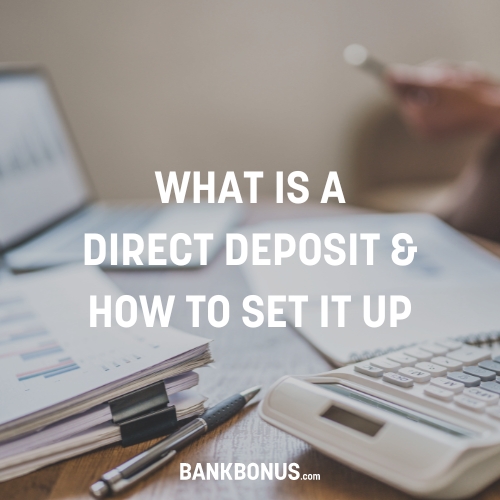
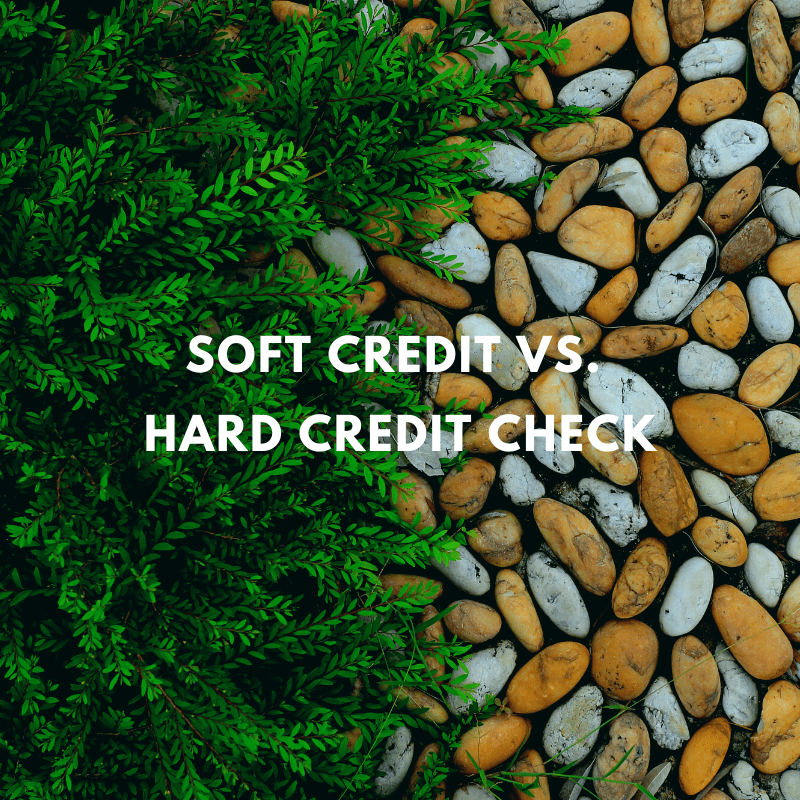
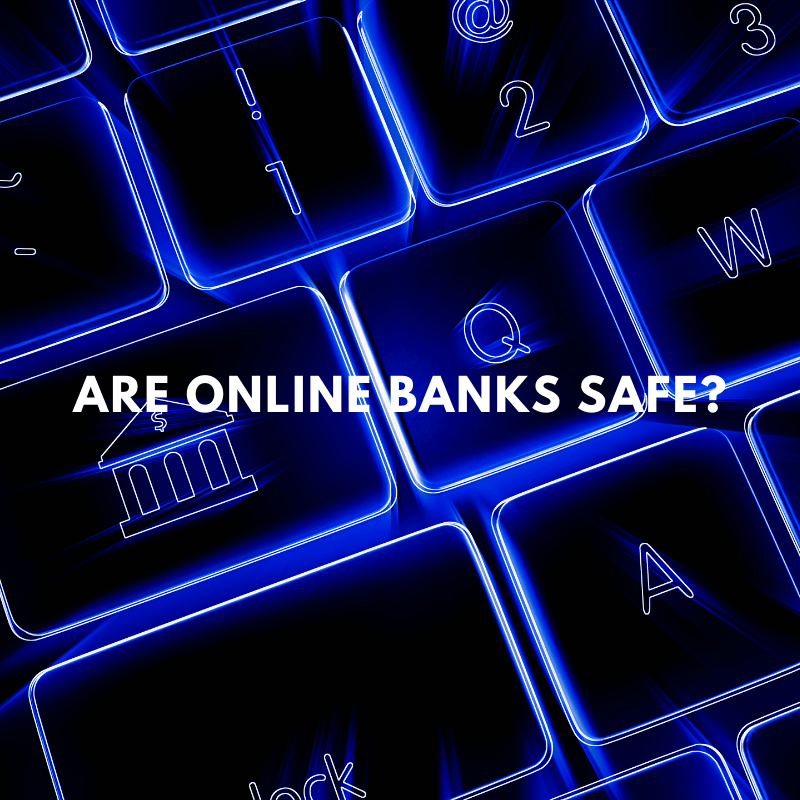
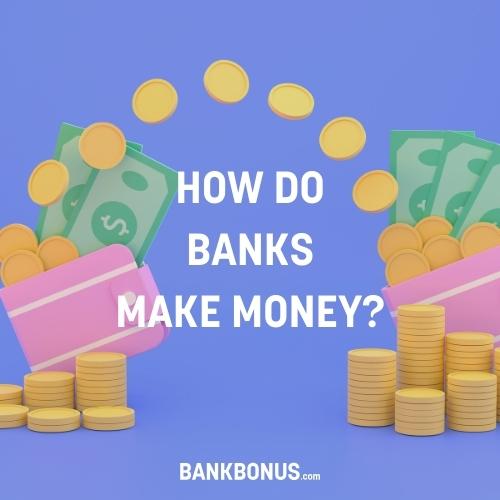
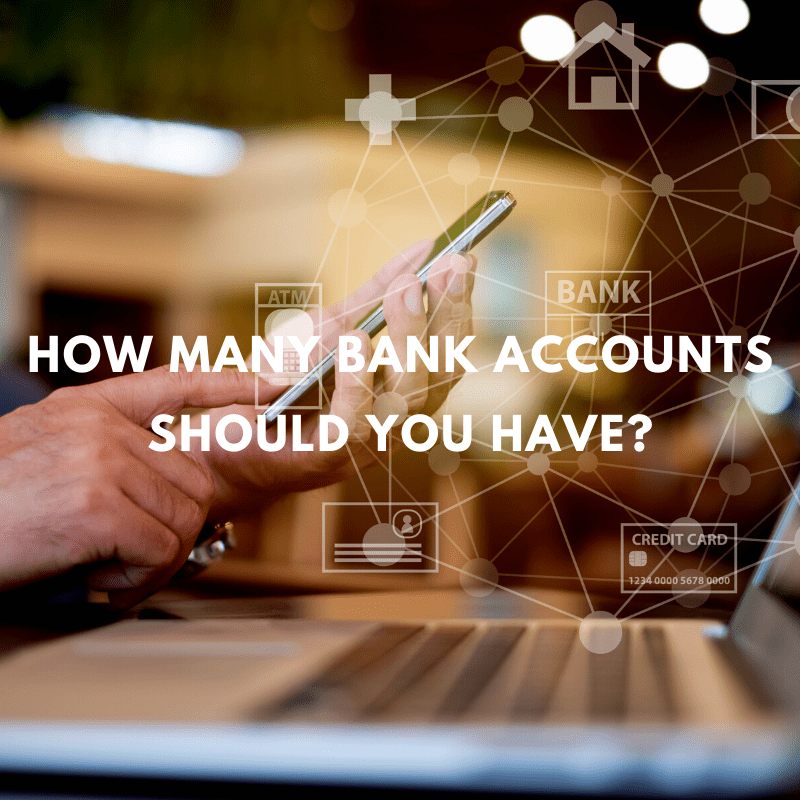
Comments are closed.
Comments are closed here.